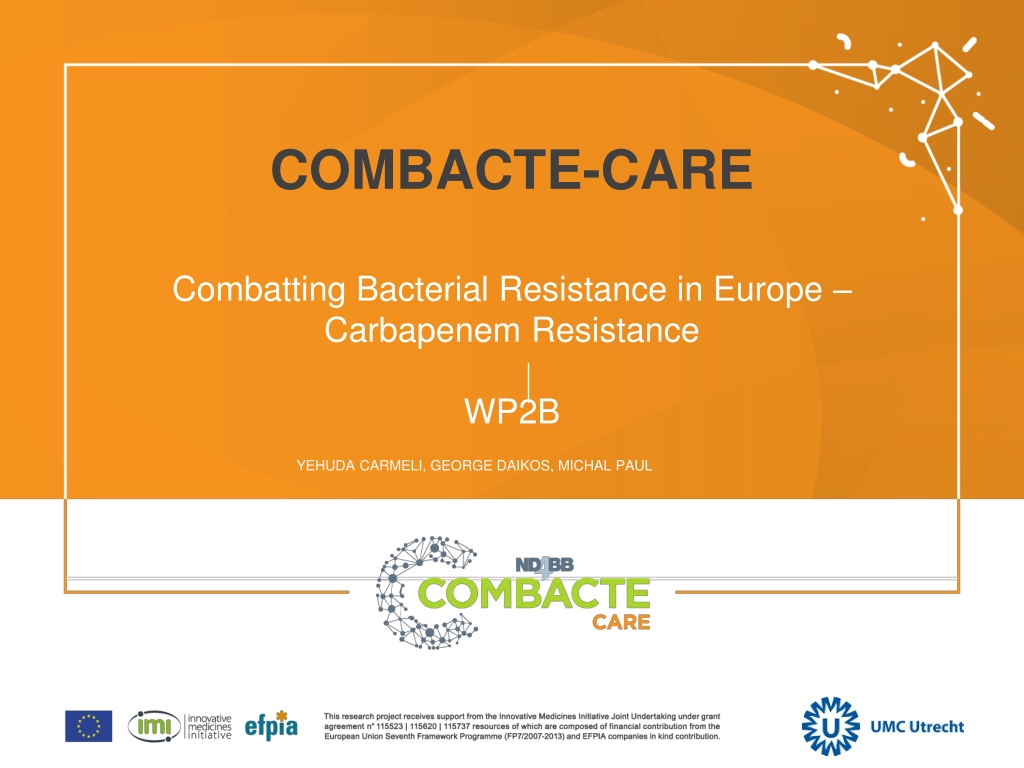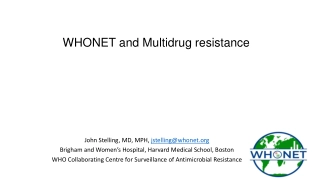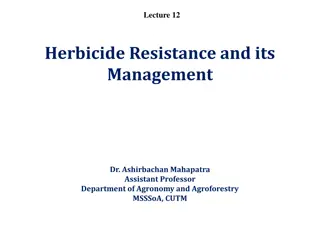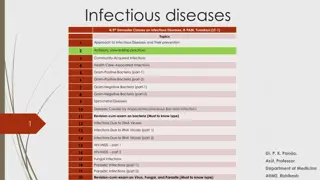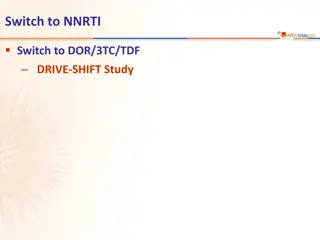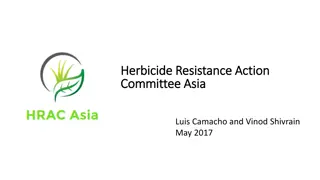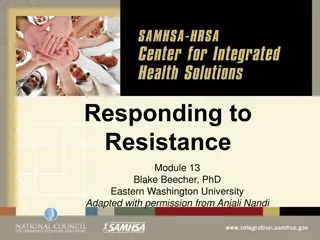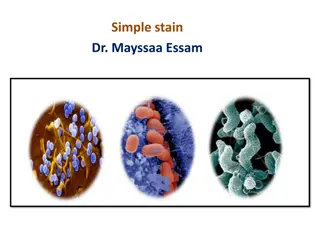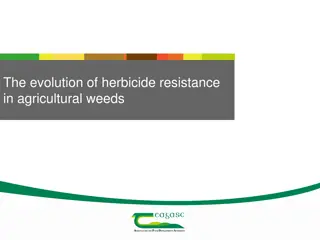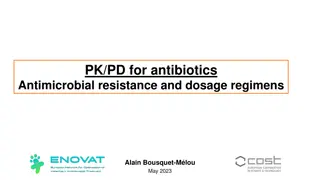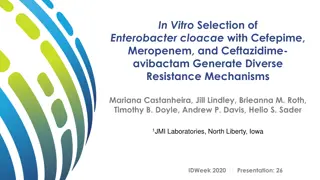COMBACTE-CARE: Combatting Bacterial Resistance in Europe - Study Overview
A Phase III study comparing the efficacy, safety, and tolerability of aztreonam avibactam (ATM-AVI) and meropenem colistin (MER-COL) for treating serious infections caused by Gram-negative bacteria, including MBL-producing pathogens. Approximately 300 patients with complicated intra-abdominal infections or hospital-acquired pneumonia/ventilator-associated pneumonia will be enrolled. The study period spans from the second quarter of 2017 to the third quarter of 2019. The primary objective is to evaluate the efficacy of ATM-AVI compared to MER-COL in treating selected infections.
Download Presentation

Please find below an Image/Link to download the presentation.
The content on the website is provided AS IS for your information and personal use only. It may not be sold, licensed, or shared on other websites without obtaining consent from the author. Download presentation by click this link. If you encounter any issues during the download, it is possible that the publisher has removed the file from their server.
E N D
Presentation Transcript
COMBACTE-CARE Combatting Bacterial Resistance in Europe Carbapenem Resistance WP2B YEHUDA CARMELI, GEORGE DAIKOS, MICHAL PAUL
Study design A Phase III prospective, randomized, multicenter, open label, central assessor blinded, parallel group, comparative study to determine the efficacy, safety and tolerability of aztreonam avibactam (ATM AVI) versus meropenem colistin (MER COL) for the treatment of serious infections due to Gram negative bacteria, including metallo lactamase (MBL) producing multi-drug resistant pathogens, for which there are limited or no treatment options The comparative, 2 arm study design is sufficient to enable a comprehensive efficacy, safety and tolerability analysis. There is no requirement for blinding except for the central assessor. The 2:1 ratio for randomization (to ATM AVI versus MER COL, respectively) is chosen in order to enrich the number of patients treated with ATM AVI and increase the number of potential MBL producing Gram negative pathogens in that group. 2
Planed timeline and enrollment Approximately 300 patients with a diagnosis of complicated intra-abdominal infections (cIAI) or hospital-acquired pneumonia/ventilator-associated pneumonia (HAP/VAP) will be enrolled in this study, including 200 randomised in the aztreonam-avibactam (ATM-AVI) treatment group and 100 in the meropenem colistin (MER-COL). Study period Phase of development Estimated date of first patient enrolled Second Quarter 2017 Phase III Estimated date of last patient completed Third Quarter 2019 Phase III 3
Indications and patients The study will randomize approximately 300 patients (approximately 225 patients with cIAI and 75 patients with HAP/VAP) in regions with emerging and/or high incidence of carbapenem resistance, including MBL producing pathogens. At least 100 in Europe The number of patients with a perforated appendix or appendiceal abscess will be limited to approximately 40% of the study population with cIAI. It is estimated that approximately 20 patients identified with MBL producing Gram-negative pathogens may be evaluable in the ATM-AVI treatment arm and there may be approximately 10 patients identified with MBL producing Gram-negative pathogens in the MER-COL treatment arm. 4
Primary Objective To evaluate the efficacy of ATM-AVI compared to MER-COL at TOC for the treatment of selected serious infections due to susceptible Gram-negative bacteria, including those due to MBL-producing MDR pathogens. Outcome Measure: Proportion of patients with clinical cure at TOC visit in the modified intent-to-treat (MITT) and clinically evaluable (CE) analysis sets. For the US, the MITT analysis set will be used for the primary analysis. 6
Candidate countries Region* Region* Africa Africa Americas Americas Europe Europe Asia Asia- - Pacific Pacific Middle Middle East East Country Country Brazil Mexico United States China India Philippin es Singapor e South Korea Taiwan Thailand Viet Nam Bulgaria** Czech Republic** Greece** Hungary** Italy** Romania** Russia Spain** Ukraine** Serbia** Israel** South Africa *Regional identification is based on AstraZeneca Patient Recruitment Framework **COMBACTE-CARE countries 7
Secondary Objectives To evaluate the efficacy of ATM AVI compared to MER COL at TOC in the clinically evaluable (CE) population. To assess the microbiological response to ATM AVI at EOT, TOC and LFU in the microbiologically modified intent to treat (mMITT) and microbiologically evaluable (ME) populations. To evaluate the PK of aztreonam and avibactam in patients with serious infections and to characterize the relationship between exposure and clinical and microbiological response for ATM AVI. To evaluate the safety and tolerability profile of ATM AVI compared to MER COL. To assess 28 day mortality 8
Status of the study The study is supported by Astra-Zeneca and by contacts with IMI (Europe) and BARDA (global) Study design has been at its final stage. The WP2B study protocol is in advanced stages of development. Was intended to start during second quarter of 2017 Astra-Zeneca sold its antibiotic development program to Pfizer, the deal will be finalized in December further decisions are pending Pfizer decisions. 9
